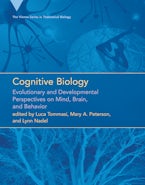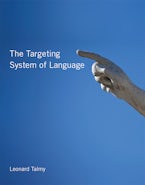Scientific and philosophical perspectives on hallucination: essays that draw on empirical evidence from psychology, neuroscience, and cutting-edge philosophical theory.
Reflection on the nature of hallucination has relevance for many traditional philosophical debates concerning the nature of the mind, perception, and our knowledge of the world. In recent years, neuroimaging techniques and scientific findings on the nature of hallucination, combined with interest in new philosophical theories of perception such as disjunctivism, have brought the topic of hallucination once more to the forefront of philosophical thinking. Scientific evidence from psychology, neuroscience, and psychiatry sheds light on the functional role and physiology of actual hallucinations; some disjunctivist theories offer a radically new and different philosophical conception of hallucination. This volume offers interdisciplinary perspectives on the nature of hallucination, offering essays by both scientists and philosophers.
Contributors first consider topics from psychology and neuroscience, including neurobiological mechanisms of hallucination and the nature and phenomenology of auditory-verbal hallucinations. Philosophical discussions follow, with contributors first considering disjunctivism and then, more generally, the relation between hallucination and the nature of experience.
Contributors
István Aranyosi, Richard P. Bentall, Paul Coates, Fabian Dorsch, Katalin Farkas, Charles Fernyhough, Dominic H. ffytche, Benj Hellie, Matthew Kennedy, Fiona Macpherson, Ksenija Maravic da Silva, Peter Naish, Simon McCarthy-Jones, Matthew Nudds, Costas Pagondiotis, Ian Phillips, Dimitris Platchias, Howard Robinson, Susanna Schellenberg, Filippo Varese












